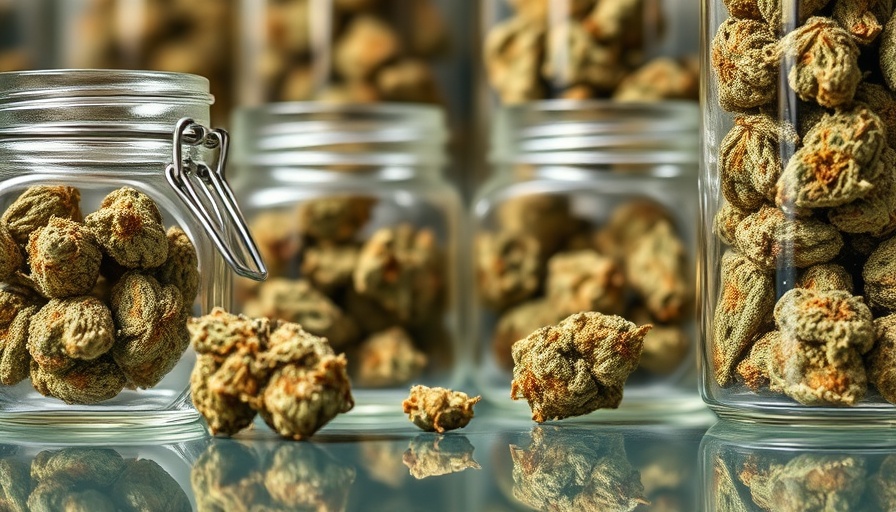
Introduction to Medical Cannabis in ADHD Therapy
In recent years, the use of medical cannabis has emerged as a fascinating topic in the treatment of Attention Deficit Hyperactivity Disorder (ADHD). With traditional treatments sometimes falling short, this plant-based intervention raises the question: could medical cannabis offer a viable alternative for improving focus and emotional regulation in patients with ADHD?
Understanding ADHD: The Challenges and Needs
ADHD is a complex neurological condition marked by symptoms like forgetfulness, restlessness, and impulsivity, primarily driven by imbalances in neurotransmitters such as dopamine. While medications like methylphenidate are commonly prescribed, they don't always work for everyone. This has led researchers and medical professionals to continually seek out new and effective treatments that accommodate the diverse needs of patients.
The Potential Role of the Endocannabinoid System
One aspect of medical cannabis that holds promise is its interaction with the endocannabinoid system (ECS) in our bodies, which plays a crucial role in balancing mood, memory, and stress responses. Compounds in cannabis, particularly THC and CBD, may influence neurotransmitter activity, helping manage symptoms like impulsivity and difficulty concentrating. However, responses to cannabis can vary widely, and higher THC levels might exacerbate anxiety, which demands careful patient-specific consideration.
Patient Experiences and Promising Outcomes
Many individuals using medical cannabis report increased mental clarity and reduced hyperactivity. They often note feeling more centered and capable of following through with tasks. Although most evidence of these effects remains anecdotal, they provide a hopeful insight into the potential benefits for ADHD patients. A few studies also suggest that cannabis could aid in emotional regulation, offering a natural alternative for those who experience adverse effects from typical medications like appetite loss or sleep issues.
Current Controversies and Future Exploration
While the discourse around medical cannabis and ADHD is enthusiastic, there remain significant gaps in scientific validation. Varied personal chemistries mean that what works for one person may not work for another, making the need for extensive clinical trials evident. The integration of medical cannabis into ADHD treatment protocols requires not just enthusiasm but empirical backing.
Unlocking the Potential of New Treatments
For medical professionals managing wellbeing strategies, understanding the diverse range of treatment options, including medical cannabis, is crucial. This exploration of alternative therapies can help practitioners provide personalized treatment plans that respect the unique needs of each patient, enhancing patient satisfaction and overall mental wellness.
 Add Row
Add Row  Add
Add 






Write A Comment